"I have no time to learn." Sound familiar? You're not alone—many busy professionals feel the same way.
Imagine this: It's 7 a.m., the phone rings, you start checking WhatsApp, get up for coffee while scrolling Instagram. You get stuck on a YouTube video, rush into the shower, and head out for work. In the evening, it's the same routine—you enjoy dinner while scrolling, only to fall asleep in front of Netflix later.
Let’s be honest: We all have enough time to learn new things. What busy people often lack is focus and prioritization. All those distractions that keep our minds occupied get prioritized because they're fast, quick, and exciting—dopamine at work.
But deep down, busy professionals like you are curious and have goals they want to achieve. That's why I'm here to help you build learning habits that stick. It's easy and quick to implement, even for those with packed schedules.
1. Set Clear Goals to Build Strong Learning Habits
Set clear goals like this: "I want to learn prompt engineering to apply it at work and will dedicate 1 hour per week for the next 3 months." That’s a tangible goal you can work toward, helping you advance in your job! Great! For busy people, start with small goals to feel positive when you achieve them. If they're too difficult, you'll lose motivation too quickly if you miss them one or two weeks in a row.
Without a goal, busy professionals just float around or scroll through life endlessly.
2. Schedule Learning Time: Tips for Busy People
Schedule learning time ideally like this: Get up, do some exercise, then dedicate 20-60 minutes to learning or studying. If mornings don't work for you as a busy professional, carve out time in the evening. If neither fits, break it into small portions—20 minutes on the bus to work, 15 minutes at the end of your lunch break, or 20 minutes on the way home. Online learning makes this possible for anyone building learning habits.
Another good hack for effective learning habits: Combine the learning experience with exercise. Going for a 15-minute walk? Listen to course content or a podcast to maximize your time.
3. Track Progress to Maintain Your Learning Habits
Now that you have a goal—like learning prompt engineering for 3 hours per week over 3 months—do a weekly check-in. Ideally on Monday and Friday: Did you accomplish your learning goals? If not, can you increase the learning time next week and spend Sunday morning diving deeper into the content? Journal about it, write your reflections, and celebrate your achievements as a busy professional.
As an Educator at Investling, I know how hard it is to build an engaging learning journey that keeps students motivated. I constantly book courses and earn new certificates to keep myself moving, but also to learn what works and what doesn’t in online learning for busy people.
Here are some strategies we've incorporated to support effective learning habits:
1. Short, Engaging Videos for Quick Learning
Videos with 2-4 minutes in length. 10-minute monologues from a teacher are already difficult to follow. Busy professionals constantly get distracted by notifications and multitasking. Plus, gratification is higher when you know you've completed 3 videos today and learned a new concept in less than 5 minutes.
2. Applied Learning: Put Knowledge into Practice
Consuming videos is easy, but applying new knowledge is where the magic happens for building learning habits. You’ll never learn to surf by watching endless YouTube videos—you have to get on the board and ride the wave. The same goes for our investment courses: After watching 2-3 videos, you get a hands-on practical exercise to reflect on your own investment decisions, research a stock, or use a tool. Learning by doing!
3. Mentoring & Accountability with Artificial Intelligence for Better Completion Rates
More than 90% of online course programs are never completed. Why? There's no accountability, no one to lift you up when you don't feel motivated, an uninspiring teacher that doesn’t resonate with your learning style, and no classmates or colleagues to exchange ideas. How to solve it for busy people? Artificial Intelligence is a game-changer, especially in investment topics—a highly personal and individual area.
At Investling, we've customized an AI mentor specifically for our course content and students. You'll interact with our AI mentor in exercises, homework, or when curiosity strikes. You can bypass content by starting a deep conversation with your mentor about your personal investments. Since Large Language Models are highly flexible, you can talk to it in your native language, ask about your country’s tax regulations, and truly find your way through the program.
Building engaging and effective learning programs is close to my heart. That’s why I wanted to share these thoughts on learning habits for busy professionals. If you feel ready to get back into learning something you've always dreamed of, grow professionally, and take your next step—do it! And if you need an accountability partner, DM me at georg@investling.org !
This is not financial advice, just financial education to help you make informed choices.

